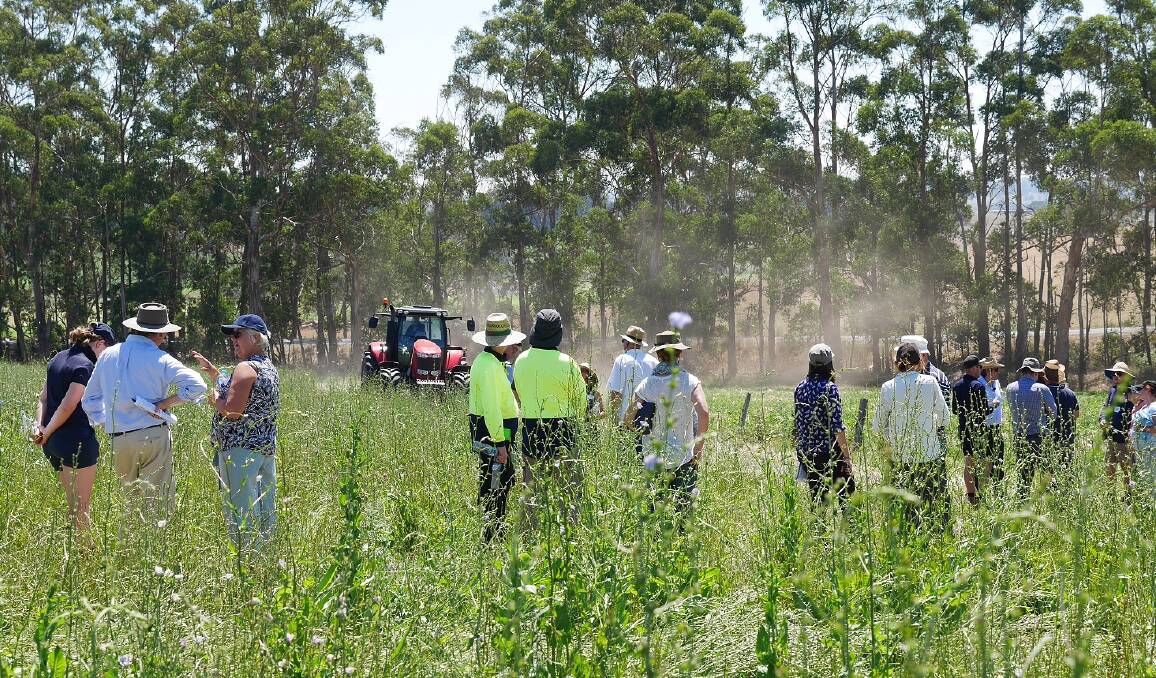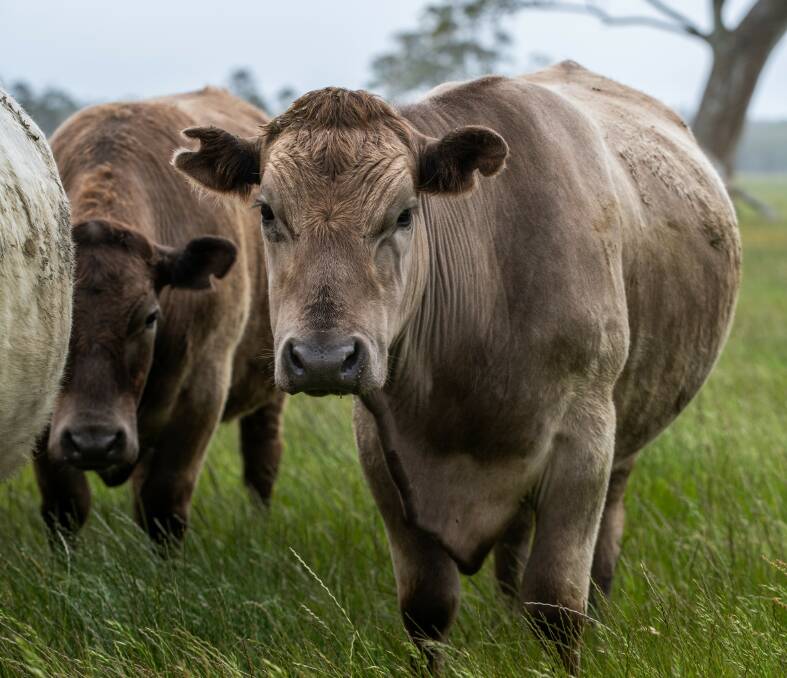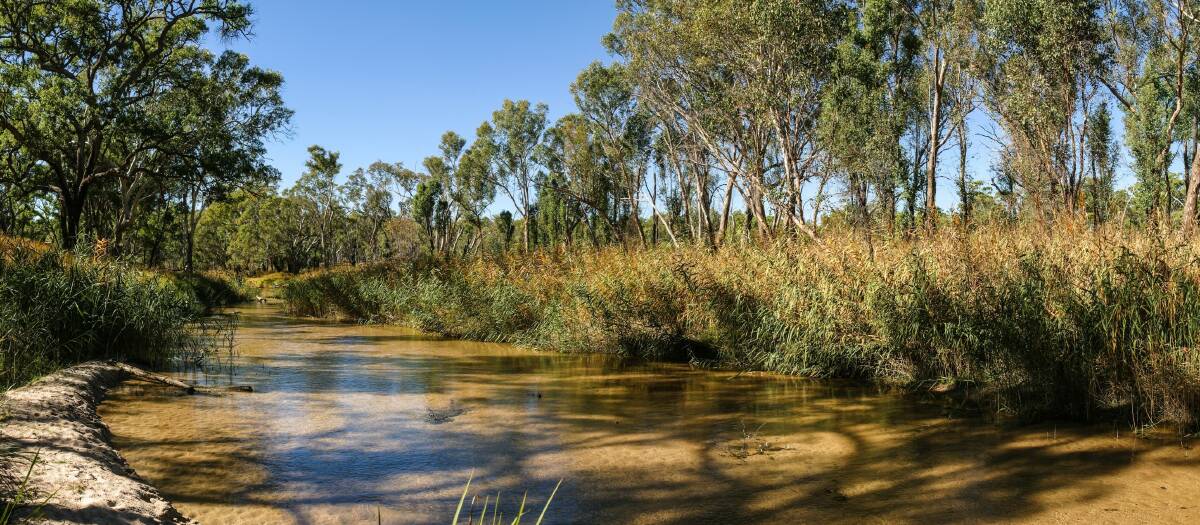A great time to farm carbon

This is advertiser content for AgriProve and Corporate Carbon.
With the next Land Restoration Fund application closing on April 15, landholders are encouraged to get involved and boost their carbon farming programs.
Queensland farmers and graziers have an excellent opportunity to access diverse income streams through the Queensland government's $500 million Land Restoration Fund (LRF), while also improving their productivity and profitability.
The Fund is designed to help producers turn carbon into income while restoring their soils and vegetation. The next round of funding applications closes on April 15, so landholders need to move quickly to take advantage of this unique opportunity.
"Carbon farming takes many forms and it is important to have partners you can trust as you embark on your carbon farming journey," said Matthew Warnken, Managing Director of Corporate Carbon and AgriProve, two of Australia's leading carbon farming development companies.
Mr Warnken is also an approved advisor under the LRF.
Corporate Carbon is Australia's largest multi-sector carbon contractor and has pioneered many innovative solutions under the Australian government's Emissions Reduction Fund (ERF). AgriProve is Australia's first one stop shop for soil carbon.

Soil carbon
AgriProve received Australia's first soil carbon credits issued under the ERF, in Victoria, and it aims to deliver the first soil carbon credits under the LRF in Queensland.
Almost 2000 soil carbon credits have been issued at AgriProve's flagship property in West Gippsland.
"Since farmer Niels Olsen began soil carbon farming he has achieved dry matter yields of double the district average and his topsoil is increasing each year," Mr Warnken said.
Soil organic carbon is directly related to agricultural productivity - the higher the soil carbon levels, the greater the yields.
Soil carbon improves water holding capacity, nutrient availability for soils, and stimulates soil biology.
When water and rainfall are used more effectively growing seasons extend and farms become more drought tolerant and resilient.
"Soil carbon uses a measurement-based method and AgriProve makes it a simple three step process.
"This entails: 1. baseline existing soil carbon levels 2. implement a new activity to build soil carbon and 3. measure soil carbon levels again.
"We do all the paperwork and reporting to pay producers for soil carbon credits and associated co-benefits," Mr Warnken said.
Beef herd management
"Beef producers large and small can now earn carbon income from beef herd management," said Gary Wyatt, Director at Corporate Carbon and approved LRF advisor.
"Corporate Carbon is working with Paraway Pastoral Co to create a national herd aggregation project which gives graziers with 1000 head or more their first opportunity to take part in the Australian carbon market.
"Prior to January the herd management method, for reducing carbon emissions, was only available to herds of over 50,000 head," Mr Wyatt said.

Vegetation management
Many landholders are aware of the environmental potential of their property but haven't had the funds to make this a priority. The LRF makes it possible to earn income by managing vegetation for positive environmental outcomes, known as co-benefits.
"I know a lot of farmers, who would like to buffer streams, create wildlife corridors or protect mosaics of habitat to make their property a fully functioning, biodiverse landscape," Mr Warnken said.
"The LRF now provides a funding model to make this happen.
"Whichever form of carbon farming interests you, let us do the assessments and paperwork so that you can get on and manage the land," he said.
Great opportunity
Visit www.LRFcarbon.com.au to fast track a whole-of-farm carbon assessment to scope your options under the LRF at no cost to Qld producers.
The three main income earning opportunities are to change management of your beef herd, vegetation and/or soils.
The initial assessment will identify potential revenue for your farm from these projects, in addition to potential co-benefit payments under the LRF.
Visit www.LRFcarbon.com.au to initiate this process today or call 1300 QLD LRF (1300 753 573).
This is advertiser content for AgriProve and Corporate Carbon.


